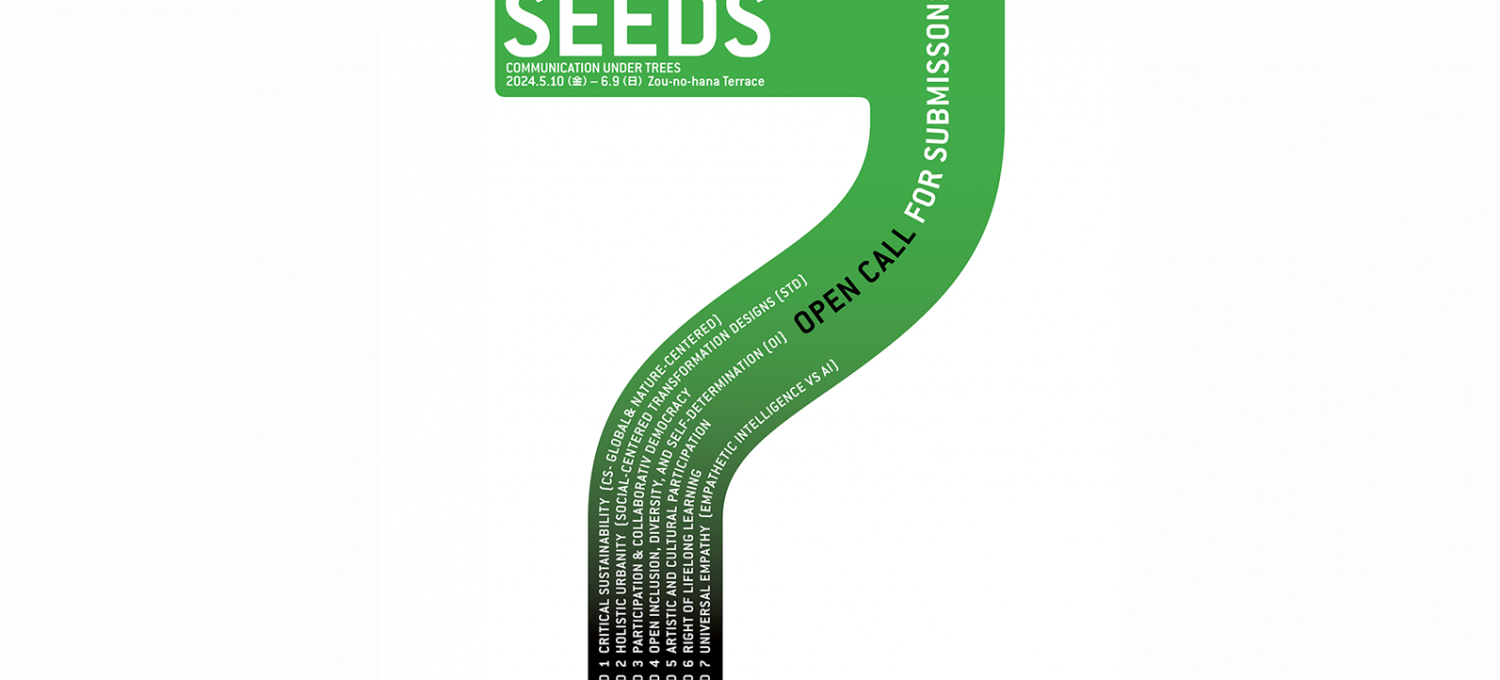„Bisher war nämlich die wirtschaftliche Vernunft noch nicht einmal rational, sondern allerhöchstens rationell. Dieser Begriff muss sich eigentlich erst komplettieren. Die Vernunft, so wie sie das Bürgertum als kapitalistisch wirtschaftende Gesellschaft entwickelt hat und wie sie z. B. Immanuel Kant philosophisch abgesichert hat, diese wirtschaftende Vernunft
darf eben nicht nur ihre eigene, private, gruppenspezifische Sanierung im Auge haben, sondern sie muss moralischer werden; sie muss grüner werden! Sie darf nicht nur eine bloß reine, also kalkulatorische Vernünftigkeit und Rationalität sein, sondern eben eine verbindliche, verantwortliche.”
“Until now, economic logic has not even been reasonable, but at best rational. This concept has yet to be completed. Reason, as developed by the bourgeoisie as a capitalistically economic society and as philosophically secured by Immanuel Kant, this economic reason must not only focus on its own private, group-specific reorganization but must become more moral; it must become greener! It must not just be a purely calculative reason and rationality, but a binding, responsible one.”
Bernhard Johnnes Blume, Gespräche über Bäume, 1982
For the years 2024 to 2026, international artists will be invited to research the Elbe island of Veddel for around four weeks. Together with artists from Hamburg, they will each conceive a unique approach to topics of the multi-year project 7 Seeds on an attitude of critical sustainability and aesthetics of degrowth strategies.
The artists are invited to develop a perspective with partner schools and institutions. It is about planting future ideas, sowing them as seeds in a literal and figurative sense – in a complex space between cultural, ecological, and economic interests. This artistic research opens up opportunities to conduct an intergenerational dialog. The aim is to test the dialogical relevance of critical sustainability using the means of artistic practice. The processes and results will be placed in the public space. These placements are understood as planting/placements of ideas in a discursive public space.
The process and the results will be recorded in real and digital form on a map, the VEDDEL ART MAP, which has already been created. These artistic approaches are communicated via exhibitions, lectures, discussions, artist dinners, and walks through the public space. These are accompanied digitally and confront the participants on-site with the plants, ideas, and questions. The routes invite discussion between actively involved visitors.
Over three years, the 7 Seeds project aims to introduce a condensed seed-sowing process and open discussion into Hamburg’s urban landscape.
The individual themes are to be understood as the basis for collaboration between the project groups. The focal points are adjusted and focused depending on the institutional partners and artists.
Concept by Michael Kress, 2023/24

SEVEN SEEDS CLUSTER
I. CRITICAL SUSTAINABILITY IN ART
How can sustainability be conducted as a critical discourse? How can the transformation of processes that have so far been based on fossil fuels and materials be considered? How can art and design be decarbonized? How can art provide ideas of sustainability? What artistic narrative can shape the future? How can aesthetic practice be understood without the production of material growth?
II. HOLISTIC URBANITY – SOCIAL-CENTERED TRANSFORMATION ART
How do we want to live together in urban agglomerations? How are spaces of participation defined? Who owns the public space? Who owns the city? How is social permeability in cities made possible through planning? How can artistic practice resist gentrification processes? How do marginalized groups become visible? How can ownership and possession of the town be rethought? Does art create a public sphere? Who has access to art and education?
III. PARTICIPATION & COLLABORATIVE DEMOCRACY
How can democracy be conceived outside of itself? How do we understand authorship? Is there a collective art? Is Western art totalitarian? Can politics learn from art? How can decision-making processes become more visible? Can art be democratic? What is art in social space? How can art become participatory? How can aesthetic practice appeal to people who are not interested in art? How can a public sphere be created that is directed at individuals? Do we need a culture of being identical? Is beauty a dictatorship?
IV. DIVERSITY, OPEN INCLUSION AND SELF-DETERMINATION
Is diversity a fashion? Can art by people with unique talents be seen as art? Should we talk about art by people with disabilities? Is there accessibility in art? Is the legend of artists exclusive? Am I also crazy if I make art? Who owns the right to self-image? Should artists have all image rights in the workshop? What art is visible and why? Should there be museums for diverse, inclusive art? Does art hinder us? Is art emancipatory?
V. ARTISTIC AND CULTURAL PARTICIPATION
Is art for everyone in everyday life? Who and what represents art and culture? Is there a right to culture? Who defines the boundaries of culture? Does art provide cultural identity? Do we need cultural identities? Is art a foodstuff? How are art and culture communicated? Do we want to understand art and culture in the global South? As a Western artist, can I take in everything from other cultures? What does art give? What does art take?
VI. RIGHT OF LIFELONG LEARNING
Will we be born as artists? Will we die as artists? Can I unlearn artistic talent? How can artists only start in old age? What do we learn when we are taught art? How can access to art practice be provided worldwide? Is everyone creative? Can art be learned? Is art a universal language? Should art and culture be core competencies in education? How do we want to teach art? How can art become a political issue worldwide?
VII. UNIVERSAL CULTURAL EMPATHY (EMPATHETIC INTELLIGENCE VS AI)
Is art empathic? How can our grief learn from other cultures of mourning? Are artists compassionate per se? Can art heal wounds? Can I feel the suffering of strangers? Do we have empathic traditions? Is culture a medicine? Is art marginalizing us? Does art prevent us from naming global inequality? Is there comfort through art? What gives art hope?
